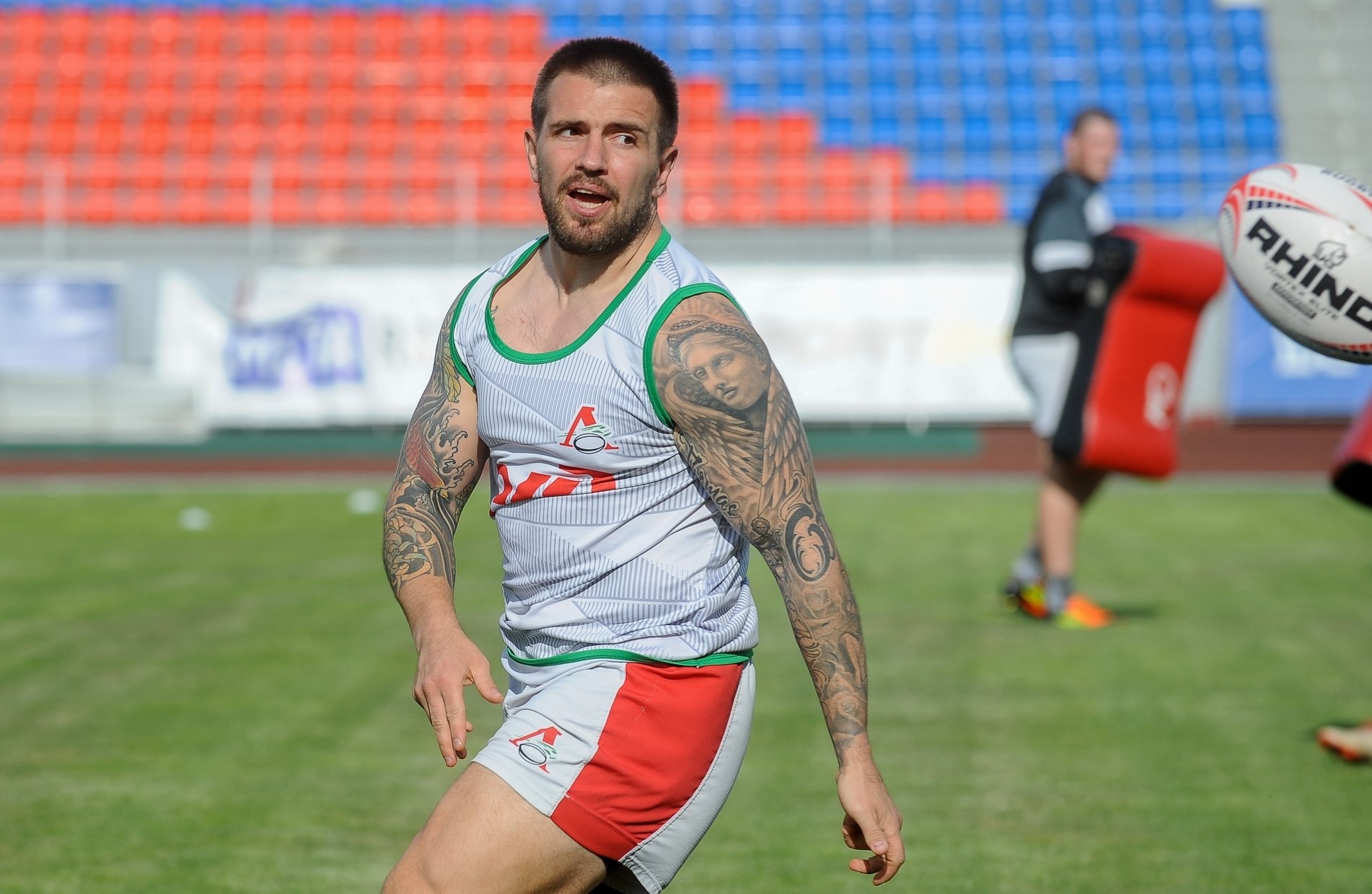In the demanding world of professional rugby, victories are celebrated, but defeats often yield the most profound lessons. Following a particularly challenging encounter, Viktor Gresev, the seasoned head coach of the “Metallurg” rugby club, offered a stark, unvarnished assessment of his team`s performance, highlighting an array of critical shortcomings.
A Cascade of Unforced Errors
Gresev`s commentary painted a picture of frustration, pinpointing a prevalent issue that plagues many aspiring teams: the proliferation of “unforced and foolish errors.” While professional athletes are expected to execute fundamental skills with precision, the coach`s remarks suggest that Metallurg`s recent match was marred by missteps that were not a result of superior opposition play, but rather self-inflicted wounds. It`s a challenging paradox in elite sports: how do highly trained individuals make “foolish” mistakes?
“There were too many unforced and foolish errors,” Gresev stated directly. “We tried hard in mauls and lineouts, but the overall result is overly negative.”
This observation is particularly telling. While some aspects of their game, specifically in the set pieces like mauls and lineouts – crucial areas requiring coordinated effort and technical prowess – showed promise, these isolated successes were ultimately overshadowed by a broader pattern of inaccuracy. It’s akin to a chef meticulously preparing a complex sauce, only for the main course to be undercooked. The effort is there, but the outcome remains unpalatable.
The Breakdown in Positional Defense
Beyond individual errors, Gresev identified a more systemic issue: the collapse of communication in positional defense. In rugby, effective defensive positioning and seamless communication are paramount. A single lapse can create gaps, allowing opponents to exploit space and gain crucial meters or even score tries. When communication falters, the defensive line becomes a sieve, no matter the individual effort of the players.
This breakdown suggests a deeper organizational challenge. Was it due to pressure, fatigue, or a lack of clarity in roles? The answer will undoubtedly be a central point of the team`s upcoming video analysis sessions. For a coach, identifying such a fundamental flaw is both a grim realization and a clear roadmap for remedial action.
The Coach`s Burden and the Road Ahead
The immediate aftermath of a significant loss is a crucible for any coach. Gresev, however, faces this challenge with an apparent resolve. Despite acknowledging the significant points deficit – implying a heavy defeat that likely leaves the team with an uphill battle in a potential return fixture – he remains committed to the process.
“Communication broke down in positional defense. We will analyze the moments, prepare for the return match. It`s clear that the gap is already too big, but we will play until the end.”
This statement underscores the relentless, often thankless, grind of professional sports. Even when the mathematical chances of a turnaround seem slim, the professional ethos demands a full commitment to the next performance. For Metallurg, this means a rigorous period of self-assessment, tactical adjustments, and mental conditioning.
The focus will now shift to:
- Detailed Analysis: Dissecting game footage to pinpoint every error, both individual and collective.
- Communication Drills: Rebuilding trust and clarity in defensive structures.
- Mental Fortitude: Ensuring the team`s spirit isn`t broken by the setback, but galvanized by the desire for redemption.
Beyond the Scoreline: A Lesson in Resilience
While the scoreline for Metallurg was undoubtedly negative, Gresev`s candid remarks offer a valuable insight into the journey of development within professional sports. It`s a reminder that improvement isn`t always linear, and setbacks are often the most potent teachers. The challenge now lies not just in rectifying tactical errors, but in fostering the mental resilience required to confront a significant deficit and perform under pressure.
In the unforgiving arena of rugby, Viktor Gresev and Metallurg embark on a path of rigorous self-examination, aiming to transform their “foolish errors” into hard-earned wisdom, one scrum and one lineout at a time. The final whistle may have blown, but the real work, the work of rebuilding and refining, has just begun.

